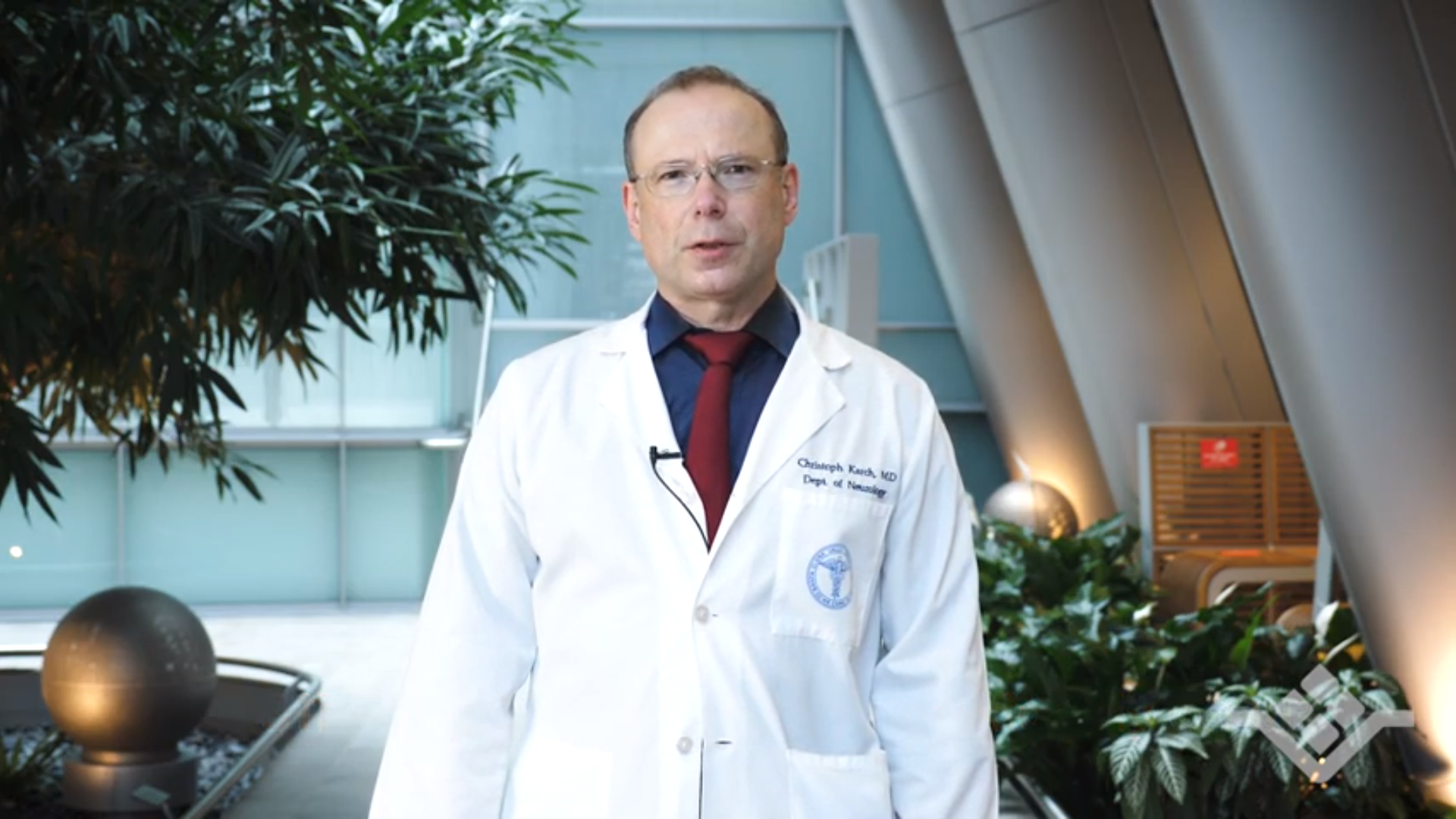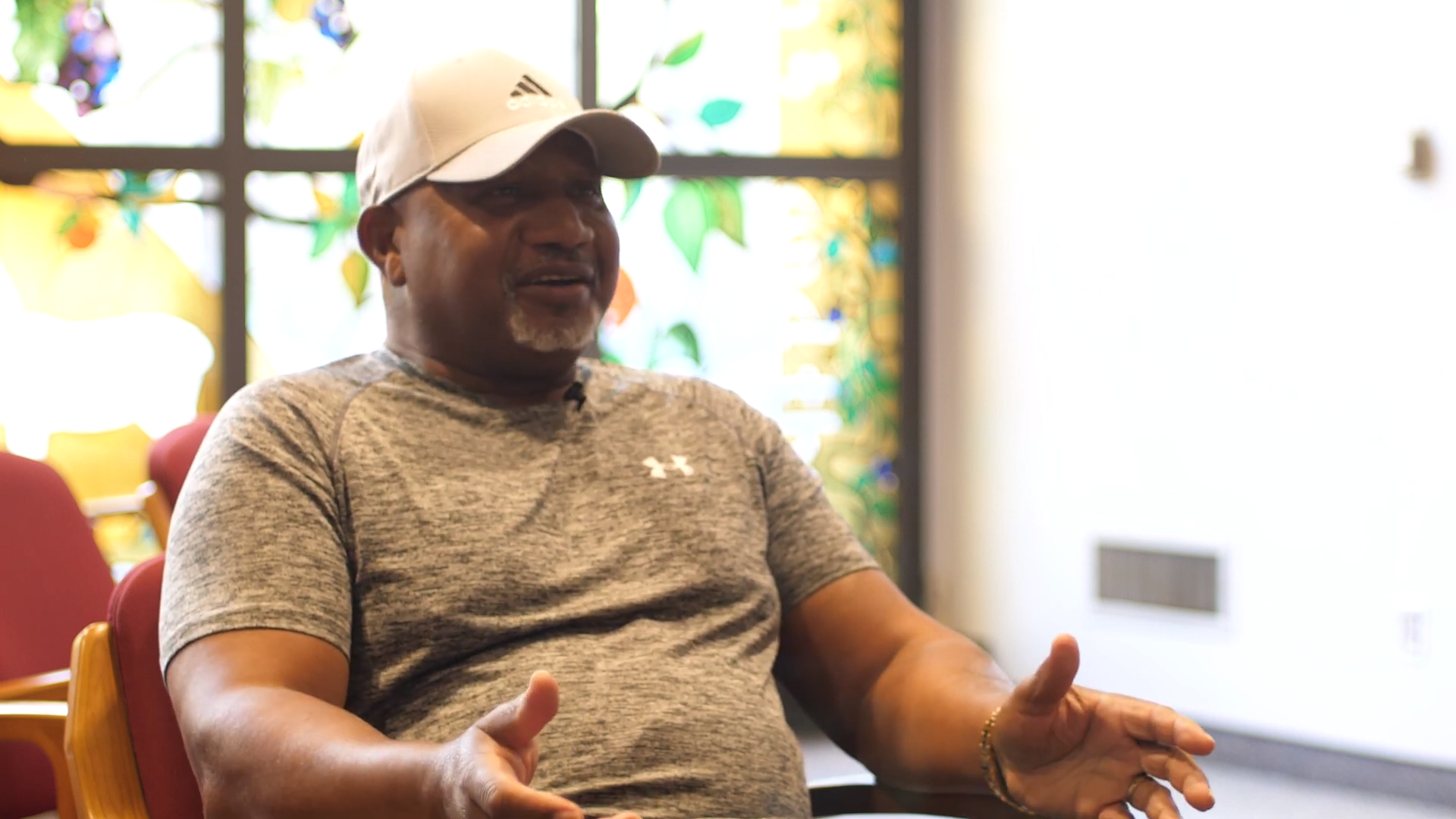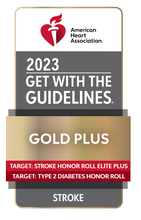STROKE CARE
overview
At O’Connor Hospital, our Stroke Care Program is dedicated to preventing, diagnosing and treating strokes. Our expert multidisciplinary team has won numerous awards and recognitions for improving outcomes for stroke patients.
At O’Connor, you receive:
-
Award-winning care:
We have been a Joint Commission certified Advanced Primary Stroke Center since 2005. O'Connor Hospital has also received the American Heart Association’s Get With The Guidelines®-Stroke GOLD PLUS with Target: StrokeSM with an additional Honor Roll Elite Plus and Target: Type 2 Diabetes Honor Roll Award. This recognizes that O’Connor Hospital is meeting quality measures and patients are treated quickly with lifesaving medications. - An experienced team of experts, including:
- Teleneurologists
- Neurologists
- Radiologists
- Neurosurgeons
- Vascular surgeons
- Occupational Therapists
- Physical Therapists
- Physical Therapist Assistants
- Speech/Language Pathologists
- Registered Dieticians
- Social Workers
- Case Managers
- Innovative diagnosis and treatment:
O’Connor physicians and staff use the latest diagnostic and treatment methods to assess and improve function after a stroke. These technologies include fiberoptic endoscopic evaluation of swallowing (FEES) (inpatient only) and VitalStim® (outpatient only), used to evaluate and treat swallowing disorders.
STROKE DIAGNOSIS
Stroke is a medical emergency which requires rapid identification. Stroke recognition is key in the delivery of timed interventions available.
A simple way to remember the warning signs of a stroke is the acronym BEFAST.
Call 911 for SUDDEN onset of:
- BALANCE: Sudden loss of balance or difficulty walking.
- EYES: Sudden trouble seeing, double vision or vision change in one or both eyes
- FACE: Sudden facial droop, loss of movement, numbness or tingling on one side of the face
- ARM: Sudden weakness, numbness or tingling in one arm or leg
- SPEECH: Sudden difficulty speaking, slurred speech or confusion
- TERRIBLE HEADACHE: Sudden severe headache with no known cause
BEFAST Signs and Symptoms of Stroke

*By clicking on the “Watch External Video” button, you will leave this website, enter a non-County of Santa Clara website, and be subject to the destination website’s privacy policy. Please see our Links Policy for more information.
If you or your physician suspects you suffered a stroke and refers you to O’Connor, a Stroke Care team member will conduct a rapid and thorough exam that includes:
- Time and date you were last without stroke symptoms or “last known well”
- Time and date of sudden onset of stroke symptoms
- Your medical history
- A physical exam
- A computed tomography (CT) scan to determine whether the stroke resulted from a clot or from bleeding inside the brain
- Additional tests, depending on the scan results and how soon you arrive in the emergency room
- Computed Tomographic Angiogram (CTA), Computed Tomographic Perfusion (CTP), Magnetic Resonance Imaging (MRI) and Magnetic Resonance Angiogram (MRA) to obtain blood vessel images to guide rapid treatment.
Patient Story
Patient story
Hear stroke survivor, Bobby, share his story about stroke care at O’Connor Hospital.

*By clicking on the “Watch External Video” button, you will leave this website, enter a non-County of Santa Clara website, and be subject to the destination website’s privacy policy. Please see our Links Policy for more information.
STROKE TREATMENT
People who have symptoms of a stroke need to call 911 immediately. At O’Connor, our Emergency Department Stroke Team is specially trained to quickly deliver lifesaving drugs such as intravenous alteplase (IV tPA), a clot-busting drug administered directly into your vein. The prompt medical attention of our trained technicians and staff prevents potential complications and disabilities. Stroke treatments that our physicians recommend include medication such as IV tPA and surgery based on the type of stroke and the severity of the symptoms.
The goals of treatment are to:
- Prevent life-threatening complications
- Prevent future strokes
- Reduce the risk of disability
- Prevent long-term complications
CONTACT US
For more information about our stroke care or support services or to make an appointment, call (408) 947-2689.
For more information on the Stroke Support Group, call (408) 947-2522.
